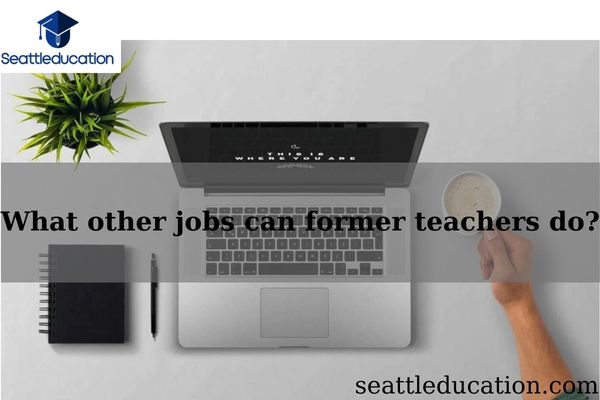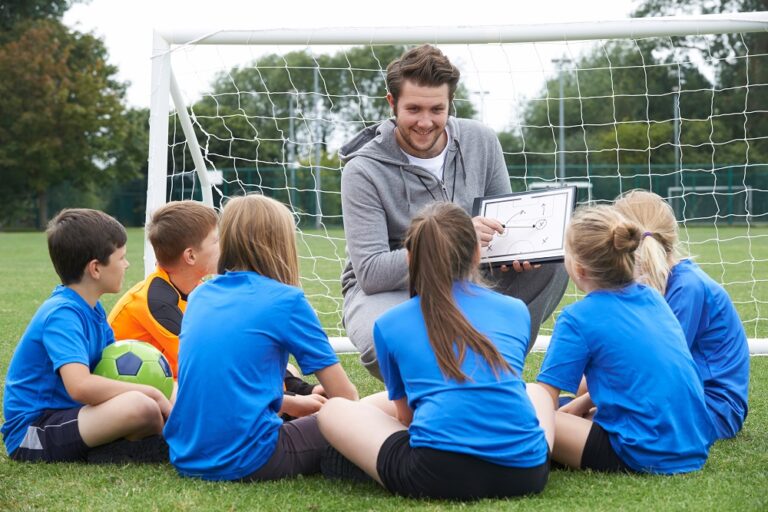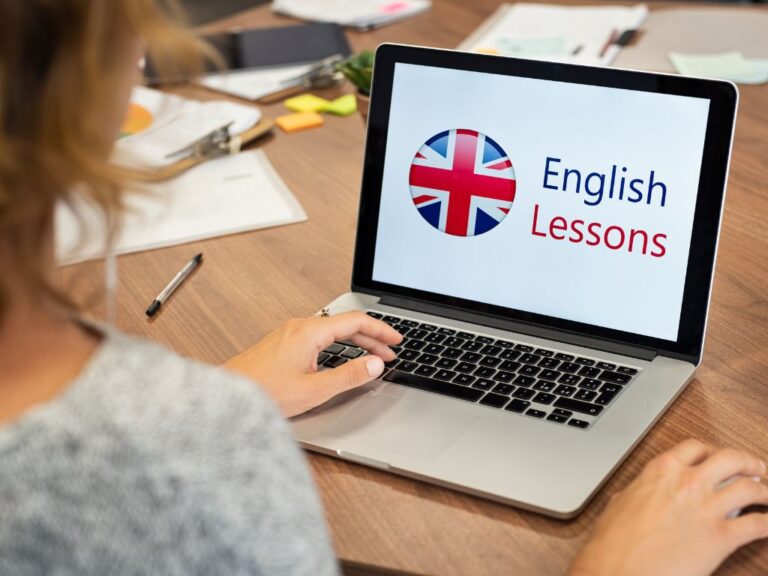Teacher Career Day Ideas: Exploring the Possibilities
Teacher Career Day Ideas: is a great way to spark students’ interest in a variety of potential job opportunities. It’s an opportunity for teachers and administrators to come together and present ideas that will help students better understand the range of careers they can explore after high school or college.
In this article, we’ll discuss some creative ways to make teacher career day exciting and informative for everyone involved.
Let’s get started!
Introduction
Getting kids to think about what they want to do with their lives can be a daunting task for elementary school teachers. It’s important, however, as early exposure to different professions can help kids better understand the world around them and set them up for success later in life.
Career day is an excellent opportunity for students to learn more about potential career paths and how these jobs might fit into their future plans. Inviting professionals from various fields not only provides valuable insight into job roles, but also helps children develop relationships with people outside of their classroom setting.
By engaging in conversations with professionals from many industries, young minds are exposed to new ideas and possibilities that may have otherwise gone undiscovered. This type of exploration allows children to find areas of interest which could guide their educational journey down the road.
Asking questions and hearing stories from experienced individuals gives students a firsthand look at all the wonderful things that come along with following one’s dreams and ambitions.
Planning And Organizing Career Day
To ensure a successful career day, it’s important to have a well-developed plan. Planning and organizing the event should involve setting objectives and goals for what you want to accomplish, collaborating with parents and organizations in the community, selecting activities that are appropriate for various age groups, and preparing materials and resources ahead of time.

With these steps taken care of, teachers can create an engaging experience that will provide students with valuable knowledge about potential career paths. When organizing the event, consider inviting professionals from different fields to participate as guest speakers or panelists. This is a great way to give students direct exposure to people who currently work in their desired field.
Additionally, providing hands-on activities such as visits to local businesses or simulations related to certain jobs can be beneficial in helping students better understand particular professions they may be interested in pursuing further down the line.
Pre-Career Day Activities
Preparing for Career Day can be an exciting and educational experience for students. Before the big day, there are a few activities that teachers can do to help get their students thinking about potential careers:
– Read books about various professions with your class. This will give them insight into what it’s like to work in different job fields.
– Create a career interest inventory for your students to fill out. Ask questions such as “What kind of job would you want if money wasn’t an issue?” or “Which profession interests you the most?”.
– Facilitate classroom discussions on different jobs and the skills required for each one.
– Invite guest speakers from all kinds of professional backgrounds, so kids can hear first hand accounts of people who have succeeded in their chosen field.
– Have students research famous people who have achieved success in areas they find interesting. They may even discover new roles they hadn’t considered before!
Through these activities, teachers can ensure that their students are well prepared and excited to explore possible future career paths during Career Day.
Engaging Activities For Younger Students
Let’s take a look at the subtopics of career exploration and rotating stations. These are great ways to engage younger students and get them thinking about potential career paths.
Career Exploration
Exploring possible future career paths can be a fun and engaging activity for younger students. Letting them investigate professions they may have never heard of, or comparing and contrasting familiar jobs with each other will help to keep their minds active and engaged in the classroom.
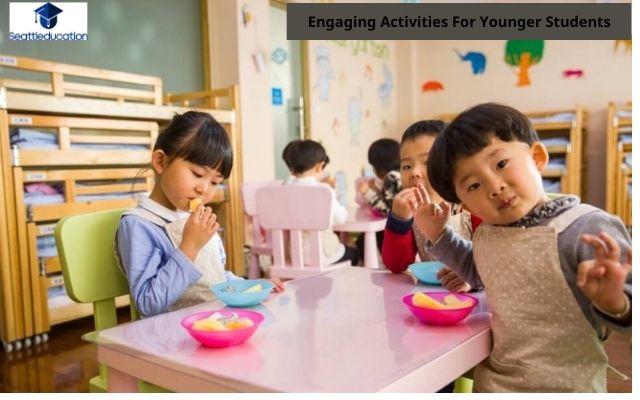
A great way to do this is through activities like ‘Guess Who? Grab Bag’, ‘Paper Bag Village with Community Helpers’, ‘Twenty Questions’, ‘Three to One Thumbs’, or even having a ‘Compare/Contrast Professions’ lesson plan!
Through these activities you will find that your students are better prepared when it comes time for them to explore potential job options as adults. So, what are you waiting for – start exploring today!
Rotating Stations
Now that we’ve got some engaging activities for younger students down, let’s talk about the importance of rotating stations.
This is a great way to keep things interesting and dynamic so that kids don’t get bored with just one activity.
By having several activities set up around the classroom, each student can move from station to station as they work their way through all the different experiences.
It also helps break up lessons into shorter chunks which makes them more manageable for young minds.
Rotating stations are an invaluable tool when it comes to making sure no kid gets left behind in terms of learning opportunities!
So go ahead and give it a try – your students will thank you later!
## Interactive Activities For Older Students
Let’s start by talking about job interviews; what questions should students prepare to answer, and how can they make a good impression?
Next, we can discuss career research; what resources can they use to find out more information about different professions?
Finally, let’s talk about job shadowing; what skills can they learn and gain experience in, and how can they find opportunities?
Job Interviews
Job interviews are a great way to get students thinking about the future and acting like young professionals! This activity can be adapted for all age groups, but is especially engaging with older students. Have each student practice their interviewing skills by role-playing as both interviewer and interviewee. They can even dress up in professional attire if you want to take it one step further.
Have them come prepared with questions they’d ask an employer or potential employee, as well as answers to common job interview questions that might arise. With some guidance from the teacher, this interactive exercise will help equip students with important communication skills which they’ll need when entering the working world!
Career Research
Moving on, career research is another great interactive activity for older students to get them thinking about their future. By guiding the students through researching different job roles, they can gain an understanding of what’s out there and what kind of jobs fit their interests.
They could also be tasked with creating a presentation based on the information they find – this will help hone their public speaking skills as well as their organizational capabilities.
It’ll also give them a better idea of which career paths are available to them once they finish school or college and start looking for a job.
Job Shadowing
Once the students have narrowed down their options, job shadowing could be an excellent way for them to experience what it’s like in a real-world setting. It’ll give them first hand insight into how certain roles are carried out and also help build their confidence when interacting with professionals.
They can observe from close quarters how things operate in different industries and get a better idea of which areas they’d like to pursue further. Job shadowing can also provide valuable networking opportunities, allowing the student to make key contacts that may prove beneficial later on in life.
Digital And Interactive Career Exploration Activities
Let’s talk about online career exploration tools and virtual career fairs; they’re both great ways to explore potential career paths. It’s really important to give students access to these tools and events, so they can get a better understanding of the opportunities available to them.
Online Career Exploration Tools
When it comes to digital and interactive career exploration activities, online career exploration tools are crucial for students. These can be anything from websites that help you find the right job or college course to application-building programs that make sure your resume is up to scratch.

With these tools, teachers can guide their students in finding their ideal careers by helping them research potential paths and setting goals. Not only do they give students access to more opportunities than ever before but also provide an exciting way to explore different possibilities – giving everyone a chance at finding something they truly love doing.
Virtual Career Fairs
Now, let’s look at virtual career fairs. These digital events are a great way to connect with employers and explore potential job opportunities in an interactive setting. With virtual career fairs, students can attend from the comfort of their own home, get expert advice from professionals and have access to resources like resume builders or interview prep materials all in one place.
Virtual career fairs make it easier for everyone involved to meet new people and discover exciting opportunities without facing the hassle of travel or expensive fees. Plus, they offer a real-time experience that allows you to ask questions directly – making sure you get the answers you need right away!
Integrating Career Day Into The Curriculum
I think designing career day activities should involve having the students get hands-on with different career paths, like having them try out a simulation of the job they’re interested in. We should also explore career opportunities that are available to the students, like internships and apprenticeships, to help them make informed decisions about their future.
Finally, facilitating interdisciplinary learning is key, as it allows students to see how different subjects and skills can be used in the workplace.
Designing Career Day Activities
When planning a career day, it is important to have activities that are engaging and relevant for students. Activities should be designed with the educational standards in mind so that they can supplement existing lessons while still providing an interesting way to learn about different career paths.
Interdisciplinary learning can also be encouraged through career exploration, by having meaningful conversations between teachers of different disciplines or by having activities which draw on content from multiple subjects.
Finally, using real-world examples helps make abstract concepts more tangible and easier to understand.
Exploring Career Opportunities
Now that we’ve discussed how to design engaging activities for a career day, let’s explore the different types of learning opportunities available. Students should be encouraged to discover what kinds of jobs are out there and learn about the education and skills required for each.
They can also research companies they would like to work with in the future or look into internships that might give them an inside glimpse of their desired field. This kind of exploration gives students insight into both the career paths available and the workplace culture associated with it, empowering them to make educated decisions about which professions match their interests and abilities.
With this knowledge, they will be better prepared to pursue their dream careers when they enter adulthood.
Facilitating Interdisciplinary Learning
In addition to researching potential careers, students should be encouraged to explore the many facets of interdisciplinary learning. By diving into multiple fields, they gain a broader perspective on their chosen field and can better understand how it connects with other subjects.
For example, studying history could help inform an understanding of economics or international relations. This kind of exploration helps them think critically about the world around them and develop the skills needed to succeed in any career path they choose.
As they learn more about these topics, they can also apply what they’ve discovered to both their academic and personal pursuits. So let’s give our students opportunities to experience this type of learning as part of their career day activities!
Evaluating The Success Of Career Day
The hall was abuzz with excitement. Students and teachers alike buzzed around the tables, eager to learn about career opportunities that lay before them. As the day went on, it became clear that Career Day had been an incredible success – but how could we measure this?
| Pros | Cons |
| Increased student engagement with topics related to their future careers | Limited time for discussion in some areas |
| Developed relationships between students and potential employers/guest speakers | Difficulty measuring impact of event long-term |
| Provided a great opportunity for networking amongst students | Lack of representation from certain sectors of work force |
| Exposed students to new ideas and possibilities they hadn’t considered previously | Potential scheduling conflicts or distractions during presentations |
The data gathered by collecting feedback from participants provided valuable information on the overall success of Career Day; however, the true value lies in how much knowledge and inspiration it gave our young minds. Through this experience, our students gained insights into what their life after high school may look like, as well as confidence in themselves that will serve them well beyond graduation. It’s a momentous occasion when such awareness is granted to those who attend – something which can only be accomplished through events such as these.
Supporting Students’ Career Development Post-Career Day
To evaluate the success of Career Day, it is important to measure student engagement and understanding. Through surveys, interviews, or observations, teachers can get an idea of how students responded to activities and demonstrations from people in various fields. Once this data has been collected, a teacher can determine if the goals for the day were achieved.
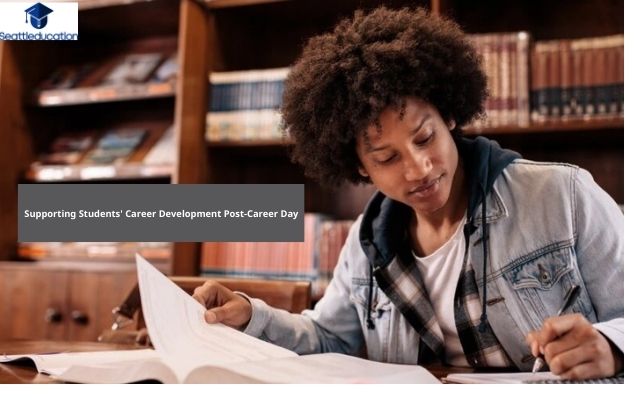
Supporting students’ career development post-Career Day requires creating opportunities for further exploration and guidance. Ideas such as workplace visits, job shadowing, apprenticeships, mentorship programs with local professionals, or inviting speakers into classrooms are all great ways to dive deeper into different careers.
Additionally, providing resources on researching potential colleges or trade schools may be beneficial depending on what type of career path each individual student wishes to pursue. With these methods in place, teachers will have more support in helping their students gain greater clarity about their future ambitions and making sure they have access to the resources they need along their educational journey.
Comprehensive Career Exploration Resources And Activities
Career exploration activities are essential for middle and high school students who will soon be making decisions about their future. It’s important to provide them with comprehensive resources that can help guide these choices.
There are a number of ways to do this, including:
1. Creating interactive choice boards in Google Classroom or leveraging activity packets and worksheets provided by organizations like the Bureau of Labor Statistics.
2. Incorporating games and crafts into lessons on community helpers to engage students in hands-on learning experiences.
3. Allowing students to work one-on-one with advisers or career counselors who can offer personalized advice and guidance as they explore different options available to them.
It’s also beneficial to include discussion topics related to potential job opportunities, such as salary expectations, qualifications required, advancement opportunities, etc., so that students can get an idea of what it takes to succeed in any given field before committing too much time and energy into something only to realize later it was not the right fit for them.
By providing well-rounded career exploration activities during teacher career day events, you can ensure your students have access to all the information needed for making informed decisions about their futures.
Conclusion
Career day is a great opportunity to get students thinking about their futures and the possibilities available to them. It can provide an invaluable foundation for exploring potential career paths, as well as giving insight into topics such as job requirements and salaries.
| Potential Career | Required Education/Experience | Salary Range |
| Accountant | Bachelor’s Degree | $30,000 – 65,000 USD / Yearly |
| Chef | Culinary Arts Certificate | $20,000 – 80,000 USD / Yearly |
| Nurse | Associate or Bachelor’s Degree | $40,000 – 90,000 USD / Yearly |
| Paralegal | Certification Program | $35,000 – 60,000 USD / Yearly |
By introducing these concepts during career day events, teachers are helping set students up for success in their future endeavors. They will be able to use the information they learned to make more informed decisions and plan accordingly.
Through this process of exploration and education, students will gain confidence in themselves and their abilities which may open doors that were otherwise closed off due to lack of knowledge or awareness. All-in-all, career days have lasting impacts on student’s lives that should not be overlooked nor underestimated by any means.


